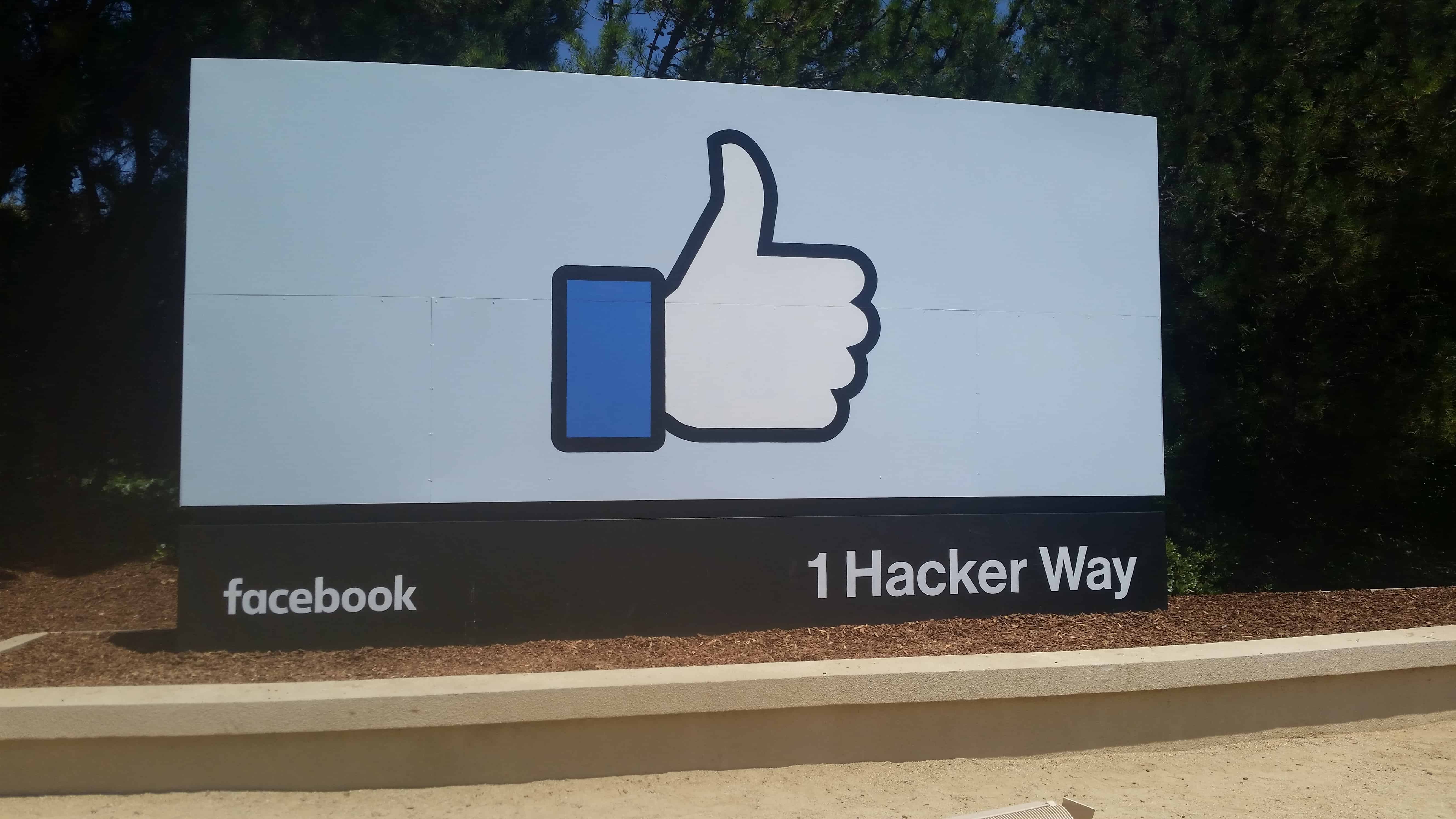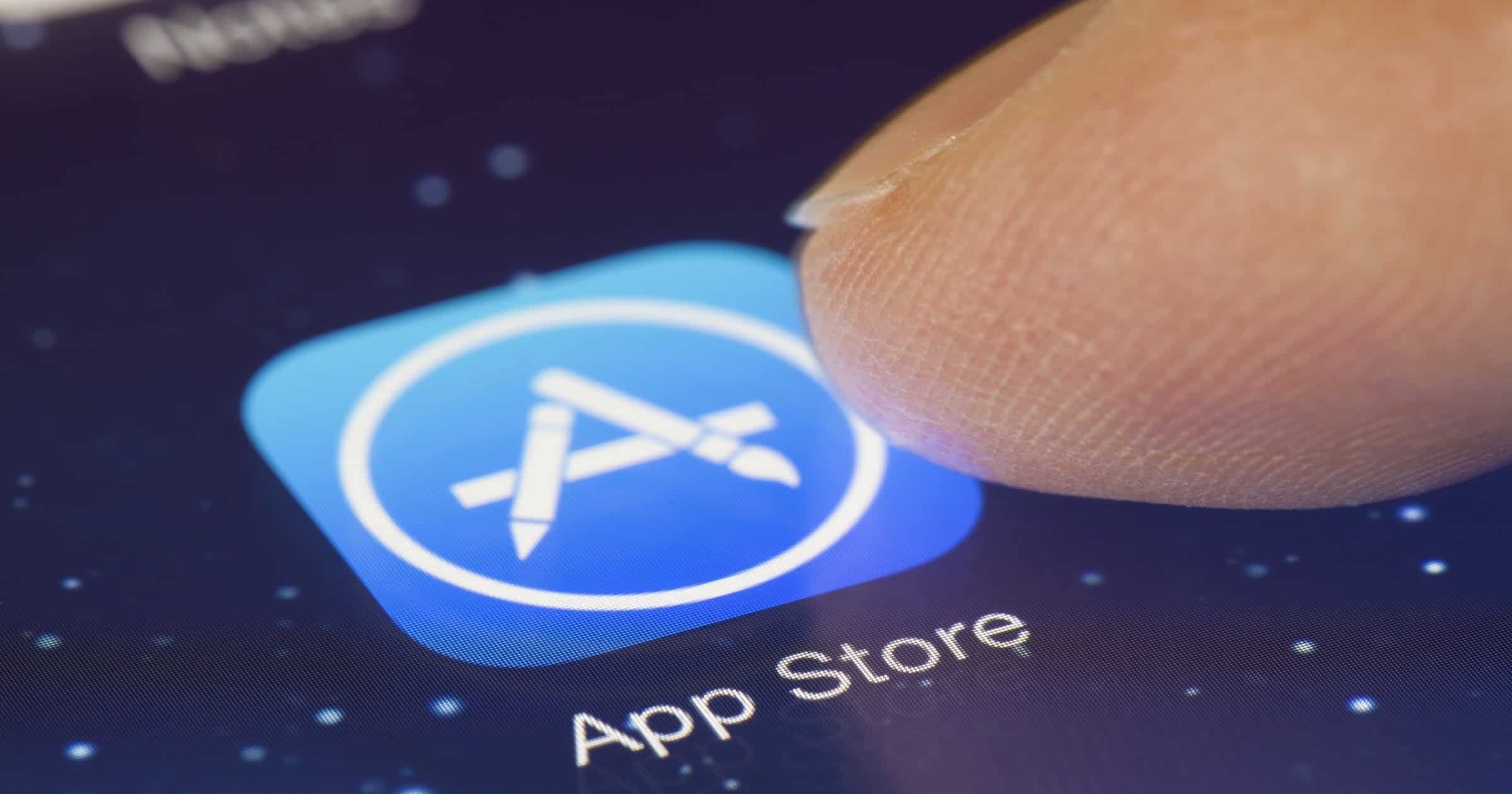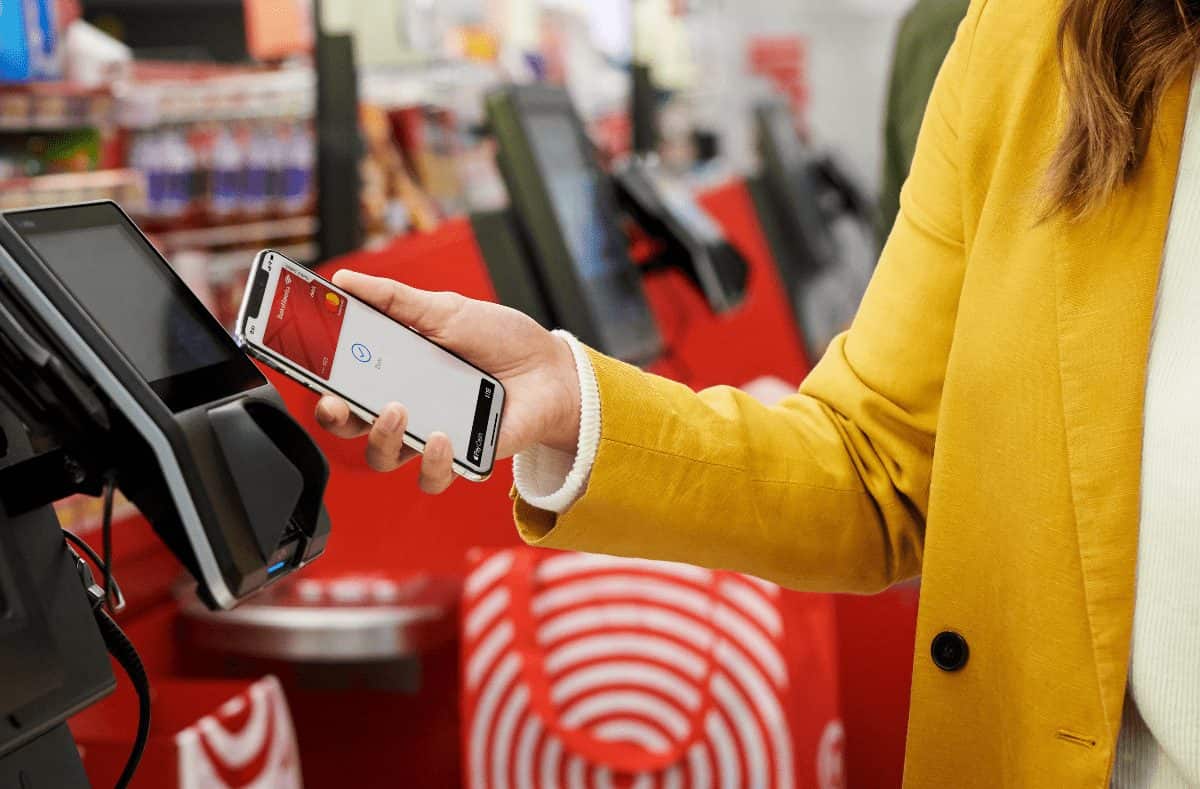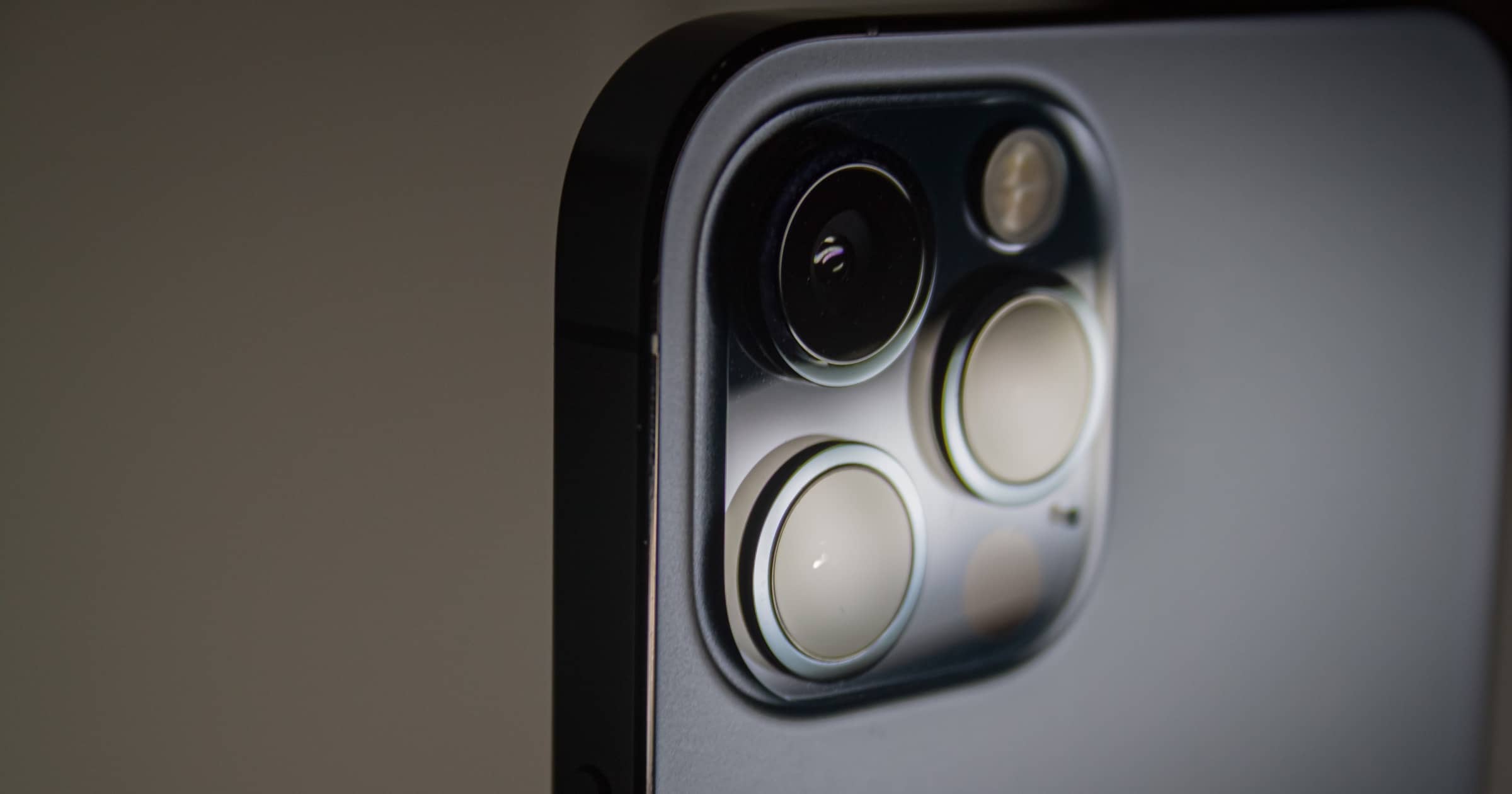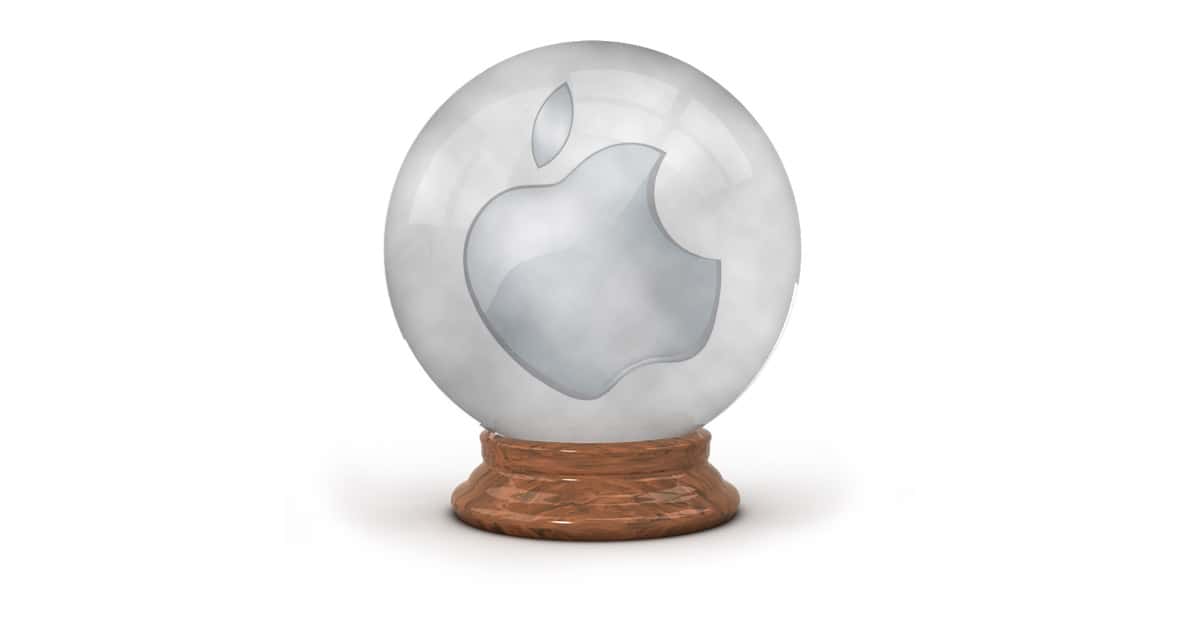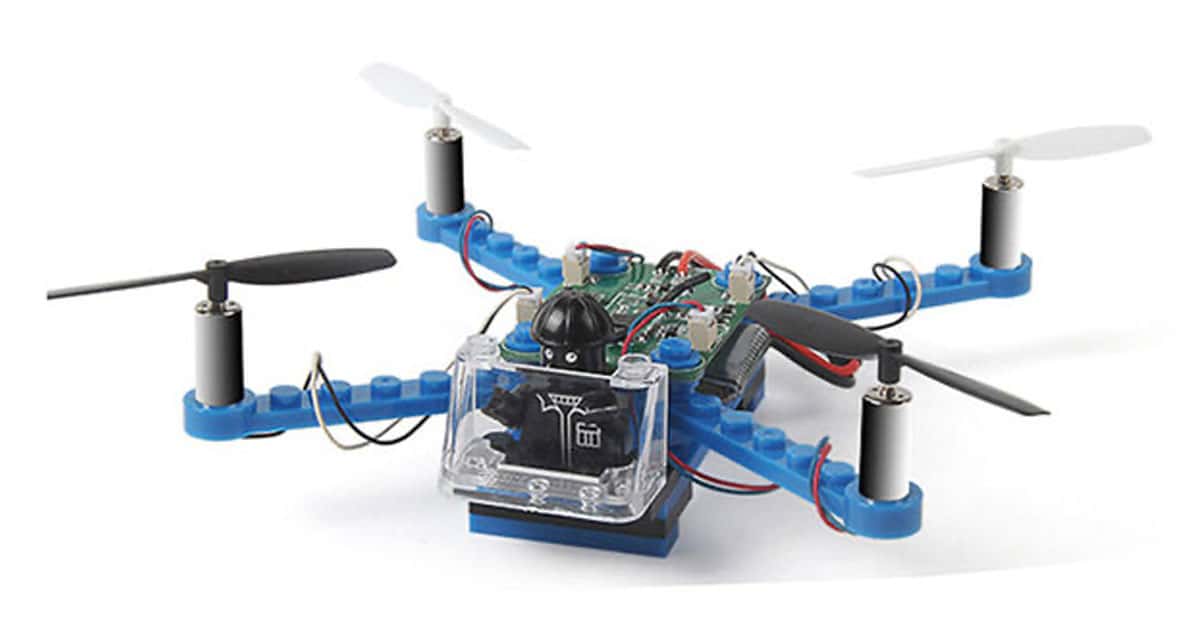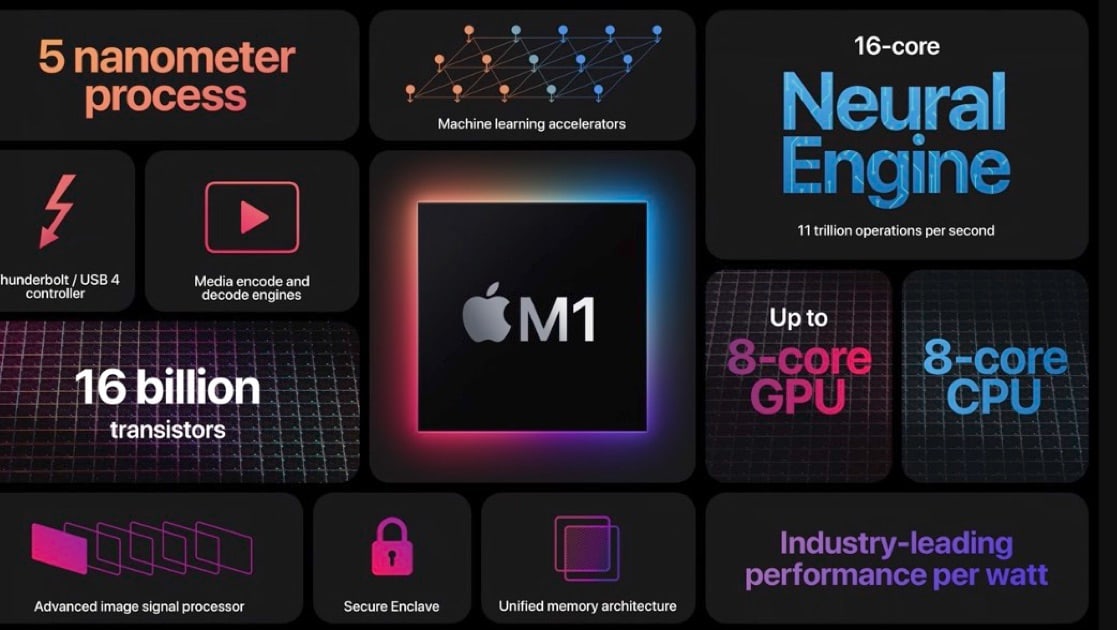Get into the holiday spirit with our iPhone 16 Pro Max giveaway! Don’t miss your chance to win a brand-new iPhone 16 Pro Max.
How Apple Thrived After Not Buying Tesla
A while back, Tesla CEO Elon Musk revealed that he had “reached out to Tim Cook” about buying his company. Obviously, that never happened. A missed opportunity for Apple? Liam Denning, writing for Bloomberg News, doesn’t think so.
Is Cook kicking himself for not buying Tesla when he had the chance? I suspect that, in some well-appointed office deep inside the Apple Park donut, the soft thud of self-kicking is not to be heard. Musk may well have “reached out.” On the other hand, the gossamer-veiled dig at Cook’s apparent short-sightedness contained in the Tesla CEO’s tweet suggests this may be more about taking the shine off Apple’s rumored vehicle ambitions. Musk has been known to lash out on Twitter. There is also some history here, given Musk once dissed Apple as a “graveyard” for defecting Tesla employees. That was a few years before he apparently reached out to the chief gravedigger.
Facebook Thinks It's Defending Small Firms Against Apple. Not All Its Employees Agree.
Facebook recently ran a high-profile ad campaign against Apple. The social media giant said changes to iOS privacy rules would hurt small businesses. According to Buzzfeed News, its employees don’t necessarily agree.
While the $750 billion company’s public relations effort has presented a united front with small businesses, some Facebook employees complained about what they called a self-serving campaign that bordered on hypocrisy, according to internal comments and audio of a presentation to workers that were obtained by BuzzFeed News. A change in Apple’s iOS 14 mobile operating system — which requires iPhone owners to opt in to allow companies to track them across other apps and websites — hurts Facebook, some employees argued on the company’s private message boards, and their employer was just using small businesses as a shield. “It feels like we are trying to justify doing a bad thing by hiding behind people with a sympathetic message,” one engineer wrote in response to an internal post about the campaign from Dan Levy, Facebook’s vice president for ads.
Eligible Devs Start Receiving Emails to Join App Store Small Business Program
Apple has begun to contact developers who earn under $1 million per year and are eligible for its new App Store Small Business Program.
MOGICS Coconut Portable Waterproof Light: $36.95
We have a deal on the MOGICS Coconut, a waterproof portable light that floats. It features four brightness modes, an internal, rechargeable battery, and self-inflates. This device is $36.95 through our deal. There are also options for two Coconuts, as well as multicolor options.
Should Apple Open its NFC Chip to Third Parties?
Karen Webster writes about Apple’s position in the payments industry and how Apple’s restriction of its NFC chip has hurt consumers.
Granted, it’s always hard to prove a negative, but not having access to the NFC chip has likely prevented innovators from investing time and money in developing the innovations that could have made the in-store POS experience better for iPhone users. And since iPhone users skew more to the affluent, it also denied those innovators the opportunity to monetize their spend.
Last Minute Gift Ideas – TMO Daily Observations 2020-12-23
Andrew Orr and Bob “Dr Mac” LeVitus join host Kelly Guimont to discuss gifts you can still get in under the holiday deadline, no shipping required.
Behind the History of Oceanhorn on Apple Arcade
In anticipation of the latest title in the Oceanhorn series, Chronos Trigger, Tommaso De Benetti, discussed the its history.
Some Tricks to Help You Take Better Pictures on Your iPhone
The cameras are pretty great across the iPhone 12 range, and there are a few things users can adjust to take even better pictures.
VW Boss Welcomes ‘New Competitors’ Following Apple Car Reports
VW CEO Herbert Diess has welcomed “new competitors” following the latest Apple Car reports. He made the comments in a LinkedIn post spotted by iMore.
Herbert Diess responded to talk of an Apple Car in a LinkedIn post, where he was asked about Apple’s project Titan, citing an article regarding reports Apple will release an autonomous car in 2024 with breakthrough battery technology. Diess responded: “We are looking forward to new competitors who will certainly accelerate the transformation of our industry and bring in new skills. The incredible evaluation and thus the virtually unlimited access to resources inspire us a great deal of respect. A real challenge – dimensions greater than those within our industry (e.B. Toyota Motor Corporation ) As I have already said, the most valuable company in the world will once again be a mobility company – it Tesla can, Apple or may be Volkswagen AG called.” (Translated)
Google Faces Major Antitrust Lawsuit From Texas
Google is facing a major antitrust lawsuit from Texas and other states, Politico reported. If successful, the search giant could be hit with trillions of dollars worth of fines.
The lawsuit, which also includes eight other states, accuses Google of rigging online ad auctions to increase its own profits at the expense of website publishers, who have struggled to make the same kind of money from web ads as from television, print and radio. The states have asked the court to force the company to sell off pieces of its business to take away its power to control such auctions. But there are other allegations that could cut Google even more deeply. Texas also alleges that Google violated state laws that forbid unfair or deceptive business practices — laws that mandate steep fines for each violation. The attorneys general plan to argue that every online bid allegedly manipulated by Google violates state laws, which would lead to a massive pileup of fines.
SolarWinds Hack Affected Tech Companies Like Intel, Cisco, VMware
The SolarWinds cyber attack didn’t just affect government agencies; big tech companies were affected too. Intel, Nvidia, Cisco, Belkin, and VMware were also infected. The Wall Street Journal reports. If the link below is paywalled, try this article from The Verge.
Intel downloaded and ran the malicious software, the Journal’s analysis found. The company is investigating the incident and has found no evidence the hackers used the backdoor to access the company’s network, a spokesman said.
Reuters Says Apple Car Targeted for 2024, with Possible New Battery Tech
Hot on the heels of Chinese-language Economic Daily News reporting that Apple was targeting September 2021 for release of its unannounced Apple Car, Reuters has a much more likely story saying that Apple is targeting 2024 for release of its auto entry.
Disney+ Dominates Streaming Service Advertising
Disney+, followed by Hulu, had the most advertising impressions of any streaming service in 2020, with Apple TV+ garnering 6.6. billion.
DIY Building Block STEM Drone: $49.99
We have a deal on a DIY drone, which is pretty cool. It’s the DIY Building Block STEM Drone, and with it you can create your own design based on the step-by-step instructions. It’s aimed in part at kids, can do stunt flips and more, and it’s $49.99 through our deal.
Exclusive: Bill Lawrence on the Success of 'Ted Lasso' on Apple TV+
Ted Lasso Executive Producer Bill Lawrence told The Mac Observer in September 2020 that the show originally had a three-season arc.
The Issues Are Fingers and Eye Holes – TMO Daily Observations 2020-12-22
Bryan Chaffin joins host Kelly Guimont to discuss a new round of Apple Automobile rumors and what (GPS) directions Apple is considering.
AAPL Rides High on Electric Car News
AAPL stock soared Tuesday, following news of its plans for electric car emerging production the day before.
COVID-19 Stimulus Bill Makes Illegal Streaming For Profit a Felony
The COVID-19 Stimulus Bill, passed Monday, makes illegal streaming for profit a felony. The Hollywood Reporter explained.
It’s been less than two weeks since Sen. Thom Tillis released his proposal to increase the penalties for those who would dare stream unlicensed works. In doing so, the North Carolina Republican flirted with danger. About a decade ago, Sen. Amy Klobuchar (D-Minn.) made a similar proposal before it ended up dying as people worried about sending Justin Bieber to jail. (No, seriously.) But Tillis’ attempt has been winning better reviews for more narrowly tailoring the provisions toward commercial operators rather than users. That said, it’s had very little time to circulate before evidently becoming part of the spending package. If passed, illegal streaming of works including movies and music tracks could carry a penalty of up to 10 years in jail. That’s not the only change to copyright law, either. The spending bill also appears to adopt a long-discussed plan to create a small-claims adjudication system within the U.S. Copyright Office.
When iPhone Came to The World's Biggest Network
December 22nd is a significant date in the story of the iPhone. As Cult of Mac recalls, it was on that day in 2013 that Apple secured a deal with the world’s biggest telecom company – China mobile.
With 760 million potential iPhone customers in the offing, the deal shapes up as Apple’s most important yet for growing its brand in China. In fact, Apple CEO Tim Cooks says the country will soon become the company’s biggest market. “China is an extremely important market for Apple and our partnership with China Mobile presents us the opportunity to bring iPhone to the customers of the world’s largest network,” Cook said in a statement when the news broke. “iPhone customers in China are an enthusiastic and rapidly growing group, and we can’t think of a better way to welcome in the Chinese New Year than getting an iPhone into the hands of every China Mobile customer who wants one.”
Reflecting on a Landmark Year For Streaming - Media+
Tom Harrington of Enders Analysis joins host Charlotte Henry to look back at 2020. In a landmark year for streaming, who were the big winners and losers?
Explore Your Personality With New ‘Dimensional’ App
So here’s a new app that was recently launched on the App Store. It’s called “Dimensional” and claims to help you understand your personality. One of the creators introduced it on Reddit and is answering questions about the app: “It seemed what existed out there was pseudo-science tests like MBTI that are fun but not that useful in practical terms or really scientific stuff that is hard for lay people to understand. So this is our attempt at making quality personality science useful to people.” I consider myself a skeptical person but I think this sounds interesting at the very least. Specifically, I see no mention of astrology or similar ways to introduce yourself to people as a “PB&J born under the Caprisun sign”. I plan to download it and see what it’s all about.
Adobe Premiere Pro, Premiere Rush, and Audition Enter Beta for M1 Macs
Beta versions of Adobe software Premiere Pro, Premiere Rush, and Audition are now available for M1 Macs.
In a Year of Minuses, Streaming Services Are All About the Plus
Everyone knows that you can’t have a streaming service and not call it Something+. (You even need to use a ‘+’ if you launch a podcast that discusses streaming services.) The LA Times looked into how, and why, this came to be.
Steve Kazanjian, president and chief executive of Promax, the trade association for marketing companies serving the entertainment industries, said the repeated use of the arithmetic symbol has made it an efficient tool to create awareness of the new services. “There is a stake in the ground that’s around ‘plus’ right now,” he said. “It’s in the consumer lexicon. It owns a bit of emotional equity in your brain already, which is really powerful.” Discovery found that was the case when it conducted surveys and focus groups with consumers on possible names for its service. The company considered dozens of original monikers — testing Latin words and new-fangled creations that came from combined words — a route that Jeffrey Katzenberg’s short-lived streaming service took when it melded “quick bites” into Quibi.
Facebook Small Advertisers Complain About AI Lockouts
Some small advertisers have complained to Bloomberg News that AI has left them locked out and unable to manage campaigns. Given helping small businesses was at the heart of the social media giant’s complaints against Apple, this is somewhat ironic.
“The actual injury, especially for advertisers and marketers, is immense,” said [Chris] Raines, who runs a digital media company called Bullhorn Media. “Had I not had that workaround, my business would have went away.” As he investigated solutions, Raines started hearing about other ad buyers in the same position. Harrison Kugler, an independent digital media manager in New Jersey, was similarly locked out while running ads for his client, a local comedy club. It took him 26 hours to get his account back, during which he estimates he spent $200 in Facebook ads without his usual level of oversight. In New Zealand, marketing consultant Sam Frost was frozen out of his account, and there were no other administrators linked to some of the Facebook Pages running the ads. He spent “a couple hundred dollars” before he was allowed back in.


